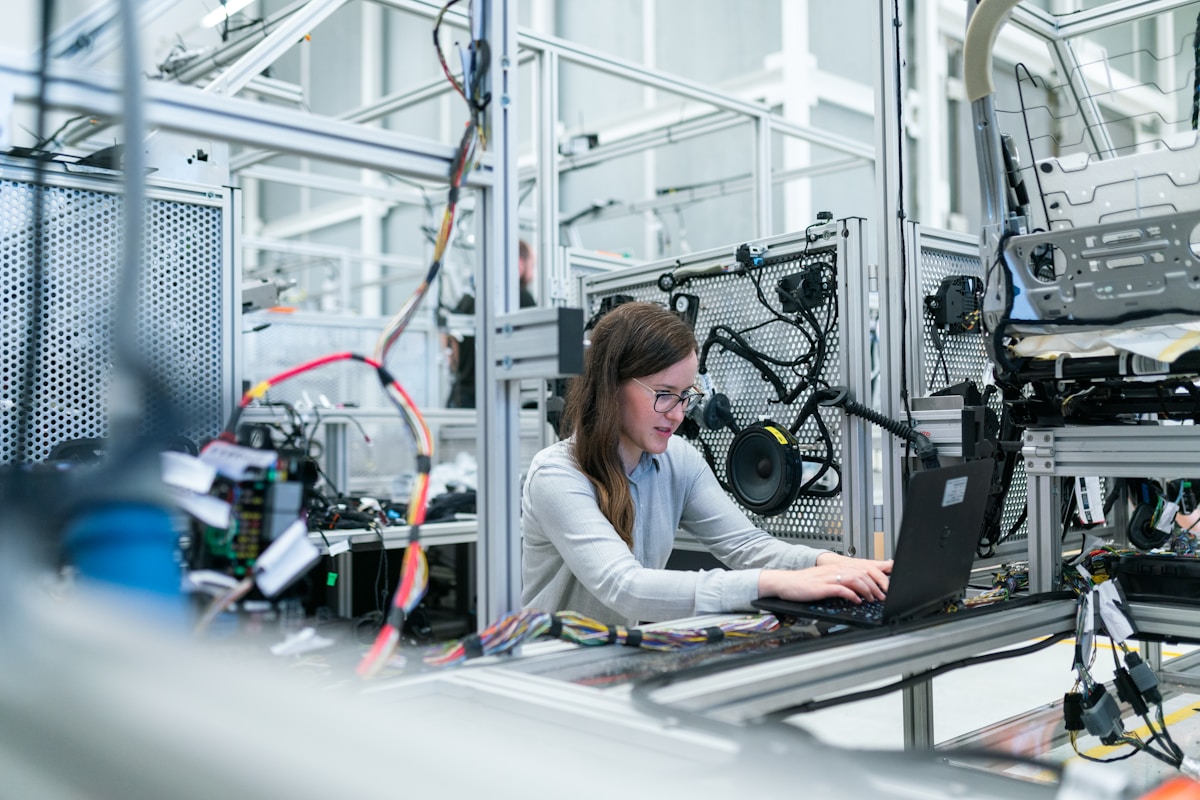
In announcing a trade deal between the UK and the EU in late 2020, Prime Minster Boris Johnson reasserted a desire for the UK to be a scientific superpower which is aligned with current government policy that places emphasis on “blue-sky” initiatives such as ARPA with a desire to make the UK “the best place in the world to invent the future.” But invention is not the same as innovation - the successful exploitation of new ideas and being a scientific superpower does not guarantee the economic growth the UK needs to seek post BREXIT and COVID.

Over the past 30 years, the UK innovation ecosystem has proved to be “leaky”; economic impact being lost through an inability to adequately exploit its excellent science base, poor productivity and the innovative companies being acquired, and asset-stripped by foreign companies or failing to find the investment needed to support more rapid scaling. These deficiencies in the ecosystem have little to do with science but arise through other factors such as fiscal policy, infrastructure, skills supply, and education. The government’s enthusiasm to pump money into science with a proposed near doubling of the government’s R&D budget risks being wasted, if it fails to plug the leaks in the UK’s downstream innovation process.
It is admirable the UK ranks third in the world (behind the US and China) in terms of most highly cited scientific publications but where is the evidence that this is being converted into economic impact? It is also argued that the UK has punched above its weight in attracting EU Horizon funding, its 5.5B€ contribution to Framework 7 resulting in 8.8B € grants. But an analysis of funding by type of organisation shows that only 17.9% of this funding was won by UK private for-profit companies compared to 37.7%, 34.7% and 27.4% respectively for Italy, France and Germany. The trade deal opens the way for continued UK participation in Horizon, which is great news for UK science, but we also need it to be the case for UK industry; another area where the government needs to “level-up”.
Higher education is another major UK export with 485,600 overseas students studying at UK universities in 2018/9 compared to around 30 000 UK students choosing to study abroad. Although commendable in terms of international relations and the income it brings the higher education sector, this represents another potential leak in the innovation system when they leave the UK and contribute their new gained skills and expertise to further economic growth elsewhere. Changes in immigration rules in recent years made it more difficult for foreign students to remain in the UK after their studies and find work and although more recently the government has looked to reverse this policy, most students will return to the own country at the end of their studies and seek a fulfilling career their to capitalise on the high quality of education they have received.

I am not arguing that the UK should disconnect itself from the global science and innovation ecosystems – quite the opposite. But UK should consider how it best captures value from its global interactions and seek policies policies that ensure more “finished goods” from its science base are tied to the UK economy rather than focusing on the export of science as a raw material that allows other economies to gain more of the added value it creates.
Iain Simpson, March 2021
